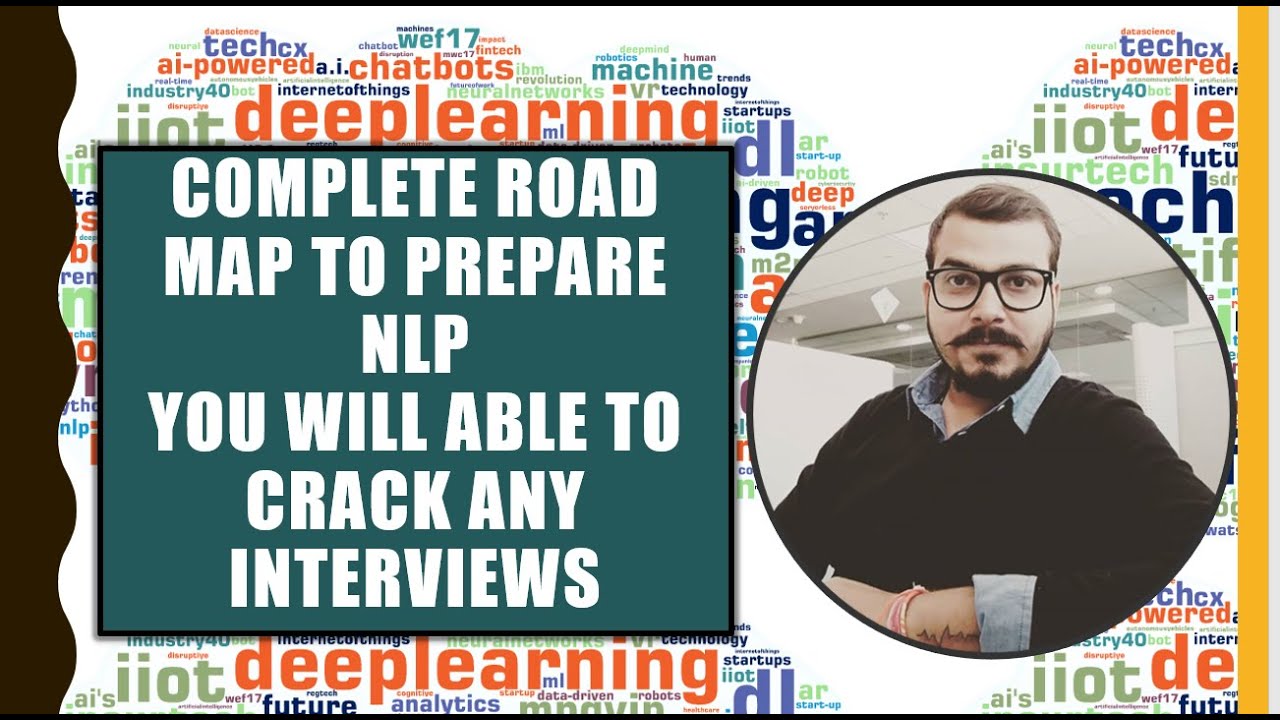How I Would Learn SQL (If I Could Start Over in 2025) | #SQL Course 1
Summary
TLDRThis video presents a comprehensive roadmap to mastering SQL, starting with foundational concepts and progressing to advanced techniques. Viewers will learn SQL basics like querying data, defining database structures, and manipulating data. The intermediate stage covers filtering, joins, and data transformation, while the advanced phase dives into subqueries, stored procedures, and optimization techniques. The course also explores data analytics, performance tuning, and AI tools to assist in SQL coding. Finally, users will apply their knowledge through hands-on projects, ensuring practical experience in areas like data warehousing and advanced analytics.
Takeaways
- 😀 SQL is the standard language for managing and manipulating relational databases.
- 😀 Learning SQL is essential for data-related roles such as data analysts, data scientists, and developers.
- 😀 The roadmap for learning SQL progresses from basic concepts like querying data to more advanced topics such as performance optimization and AI integration.
- 😀 At the beginning, understanding databases, their types, and SQL commands is crucial.
- 😀 Basic SQL queries cover SELECT, FROM, and WHERE clauses for retrieving and filtering data.
- 😀 Defining the structure of databases involves learning how to create tables, add columns, and drop tables.
- 😀 Data manipulation in SQL includes operations like INSERT, UPDATE, and DELETE for modifying the data.
- 😀 Intermediate SQL topics include filtering data with comparison and logical operators, and combining data using joins and set operators.
- 😀 SQL offers powerful functions for data transformation, like CASE statements, and aggregation functions like COUNT, AVG, and SUM.
- 😀 Advanced SQL topics include subqueries, CTEs (Common Table Expressions), views, stored procedures, and triggers for more efficient query handling.
- 😀 Optimizing SQL performance can be achieved through techniques like indexing and partitioning large datasets for faster processing.
Q & A
What is SQL, and why is it important to learn?
-SQL (Structured Query Language) is a standardized language used to interact with relational databases. It is important to learn because it is fundamental for managing and querying data in databases, which is essential for data analysis, database management, and data engineering.
What are databases, and what types of databases exist?
-Databases are structured collections of data that can be easily accessed, managed, and updated. There are different types of databases, with the most common being relational databases (which store data in tables) and NoSQL databases (which can store data in formats like documents or key-value pairs).
How do you set up your environment to start learning SQL?
-To start learning SQL, you need to install the necessary database management software such as MySQL, PostgreSQL, or SQLite on your computer. You also need a code editor or an SQL client to write and execute your queries.
What are the basic components of a SQL query?
-A basic SQL query typically includes the SELECT statement (to specify the data you want), the FROM clause (to specify the table you're querying), and the WHERE clause (to filter the data based on specific conditions).
What does it mean to define the structure of a database in SQL?
-Defining the structure of a database involves creating tables, adding columns to those tables, removing columns, and dropping tables when they are no longer needed. This allows you to organize the data in a way that suits your needs.
How do you manipulate data in SQL?
-You manipulate data in SQL using statements like INSERT (to add new data), UPDATE (to modify existing data), and DELETE (to remove data from a table). These commands allow you to modify the content of your tables.
What are joins and set operators in SQL, and why are they important?
-Joins in SQL allow you to combine data from multiple tables based on a related column, while set operators (like UNION, INTERSECT, and EXCEPT) combine rows from different queries. They are crucial for working with complex data that is spread across multiple tables.
What are row-level functions in SQL, and how do they help in data transformation?
-Row-level functions in SQL are used to perform transformations on individual values in a row, such as converting data types, manipulating strings, or handling NULL values. They help in transforming and cleaning data at a granular level.
What are window functions, and how do they differ from aggregate functions?
-Window functions are used for advanced data analysis, allowing you to perform calculations across a set of rows related to the current row without collapsing the result set. Unlike aggregate functions (like SUM or AVG), which return a single value for a group of rows, window functions maintain the individual row context.
How can SQL be optimized for performance?
-SQL performance can be optimized by using techniques like indexing, partitioning tables, and analyzing query execution plans. Creating indexes on frequently queried columns speeds up data retrieval, while partitioning large tables improves query efficiency.
Outlines

Cette section est réservée aux utilisateurs payants. Améliorez votre compte pour accéder à cette section.
Améliorer maintenantMindmap

Cette section est réservée aux utilisateurs payants. Améliorez votre compte pour accéder à cette section.
Améliorer maintenantKeywords

Cette section est réservée aux utilisateurs payants. Améliorez votre compte pour accéder à cette section.
Améliorer maintenantHighlights

Cette section est réservée aux utilisateurs payants. Améliorez votre compte pour accéder à cette section.
Améliorer maintenantTranscripts

Cette section est réservée aux utilisateurs payants. Améliorez votre compte pour accéder à cette section.
Améliorer maintenantVoir Plus de Vidéos Connexes

Matemática do ZERO ao cálculo ( Guia completo )

Beginner to Hired in 2024: Niche Front-End Developer Roadmap

1. Outline Series

Generative AI using LangChain | GENAI for Beginners | CampusX

How to Become Ridiculously Good with Women

Complete Road Map To Prepare NLP-Follow This Video-You Will Able to Crack Any DS Interviews🔥🔥
5.0 / 5 (0 votes)
